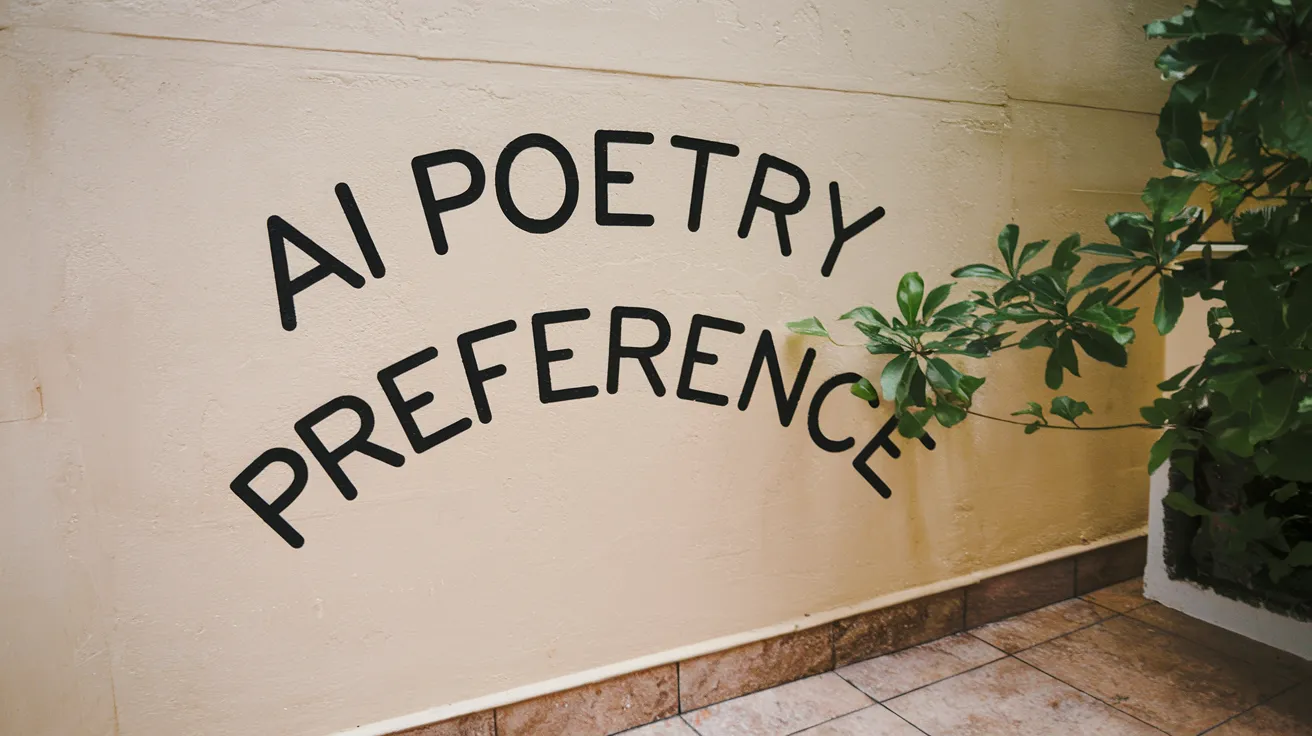AI-Generated Poems Rated Higher Than Classics

In an intriguing revelation about literary preferences, a recent study indicates that many readers are unable to distinguish between classical poetry written by such giants as William Shakespeare and Emily Dickinson, and imitations generated by artificial intelligence. This raises important questions regarding the value and perception of literature in an era increasingly dominated by AI.
Conducted by researchers led by Brian Porter at the University of Pittsburgh, the study discovered that over 78 percent of participants rated AI-generated poems higher, on average, than those composed by the renowned human poets. This notable preference could stem from the AI poems’ more straightforward themes and simpler structures, making them more accessible to today’s readers.
The fascination with AI-generated poetry is indicative of broader trends within the literary world. As artificial intelligence becomes more sophisticated, it challenges traditional notions of authorship and creativity, prompting discussions about what constitutes genuine literature. While the allure of AI poetry may lie in its ability to produce content that resonates with contemporary audiences, it simultaneously raises concerns regarding the future of human creativity and the role of technology in artistic expression.
The findings of this study may reflect a generational shift in how poetry is consumed and appreciated. As audiences increasingly gravitate towards easily digestible content, writers and poets necessitated to adapt their approaches, blending technology with creativity to maintain relevance.